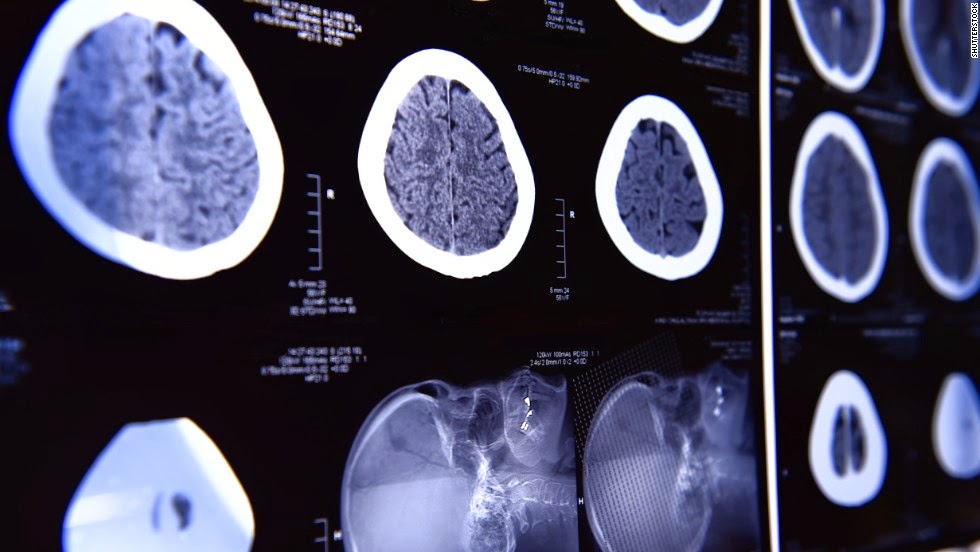Georgia Crisis Response System: Facts
Georgia Crisis Response System was instituted by the Georgia Department of Behavioral Health and Developmental Disabilities to provide treatment and support services to people with mental illnesses and
addictive diseases, and support to people with mental retardation and
related developmental disabilities during crisis. The system is staffed by mental health clinicians and the service is provided 24/7.
Objective:
 To resolve behavioral crisis promptly and professionally and to minimize hospitalization for non-medical issues in Individuals with developmental disabilities.
To resolve behavioral crisis promptly and professionally and to minimize hospitalization for non-medical issues in Individuals with developmental disabilities.
FACTS:
The rates and duration of hospitalization of Individuals with Developmental Disabilities following behavioral crisis have drastically reduced since the inception of the Georgia Crisis Response System. Data indicate the rates of hospitalization have declined by as much as 90-95% in Georgia.
Georgia Crisis Response System: 1-800-715-4225
Objective:
 To resolve behavioral crisis promptly and professionally and to minimize hospitalization for non-medical issues in Individuals with developmental disabilities.
To resolve behavioral crisis promptly and professionally and to minimize hospitalization for non-medical issues in Individuals with developmental disabilities. FACTS:
- Any behavioral crisis that poses a safety threat to the acting out person with developmental disability or to others that cannot be resolved by caregiver must be referred to the Georgia Crisis Response System for Assistance.
- The calls to the center and the services are free.
- Structured clinical interviews are obtained by clinicians during phone calls to determine needs.
- Crisis resolution is often attempted during the interview.
- The clinicians will make available all needed resources to provide support to resolve the crisis.
- If the crisis cannot be resolved on the phone, clinicians will make referral to other available treatment services in the region. These referral services may include Mobile Crisis Team, Crisis Stabilization Unit or Hospital Emergency Rooms.
- Mobile Crisis Team have up to 90 minutes (from time of referral from GCAL) to respond to the crisis and to report at the crisis location. The crisis location could be at the residence, group home, emergency room, day program, schools etc.The Mobile Team assesses the crisis, provide support to ensure safety and makes recommendation.
- In-Home Support: If such crisis cannot be resolved immediately and there are needs for extended support, In-Home Support may be recommended. The crisis team assigned their staff to the Individual at the crisis location for support until the Individual is stabilized. Usually, this support is time limited and duration is determined by the Crisis Team.
- Out-of-Home Support: This is often provided outside the crisis location; usually at the facility (Crisis Home) supervised by the crisis team. This support may last up to 7 days or more as determined by the crisis team.
- Referral to Tertiary Facility: The Crisis Team may refer the Individual to a Crisis Stabilization Unit or a Hospital for an extended support, should there be a safety concerns for the Individual or others..
- Georgia Crisis Response System is not a substitute for safety protocol for the Provider Agency. All providers must have individualized safety protocols for their agencies. A safety protocol must address immediate safety needs of the Individual.
- Mobile Crisis Team are not substitutes for the Provider's staffing needs. All Agencies must be able to meet their staffing requirements or needs. Inadequate staffing are the basis for several crisis situations.
- Crisis Home (not Respite Home): Duration of admission is typically seven days unless extension is recommended by the crisis team. It is a facility with all the attributes of a typical home, supervised by the crisis team. It is not a respite home as often referred to especially by the support coordination.
- Compliance Failure: It is not uncommon for Providers and/or caregivers to disregard all recommendations made by the crisis team.
- Poor staff training: In many cases providers do not have adequate training programs for their staff.
- In-Home Support: Many caregivers are wary of strangers coming into their homes to support their loved ones.
- Instructions Problem: Some caregivers are often resistant to specific instructions on how to treat their loved ones.
- Out of Home Placement in the Crisis Home: This temporary placement is often perceived by the support coordination and caregivers as respite placement . Crisis Home is not a respite home.
The rates and duration of hospitalization of Individuals with Developmental Disabilities following behavioral crisis have drastically reduced since the inception of the Georgia Crisis Response System. Data indicate the rates of hospitalization have declined by as much as 90-95% in Georgia.
Georgia Crisis Response System: 1-800-715-4225



Comments
Post a Comment